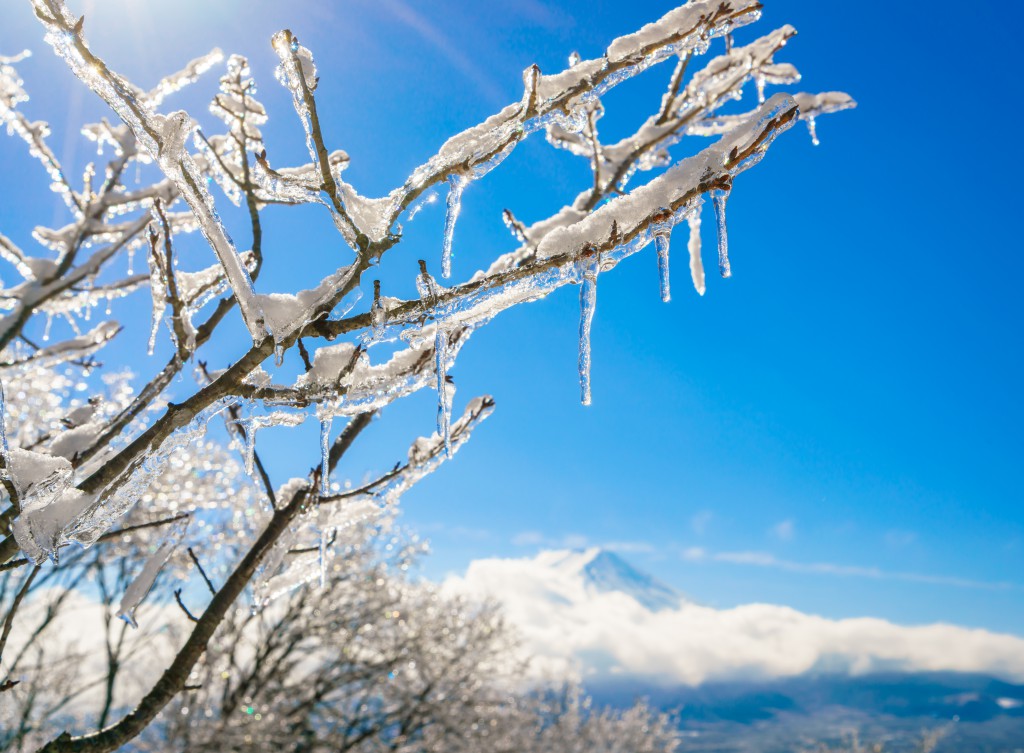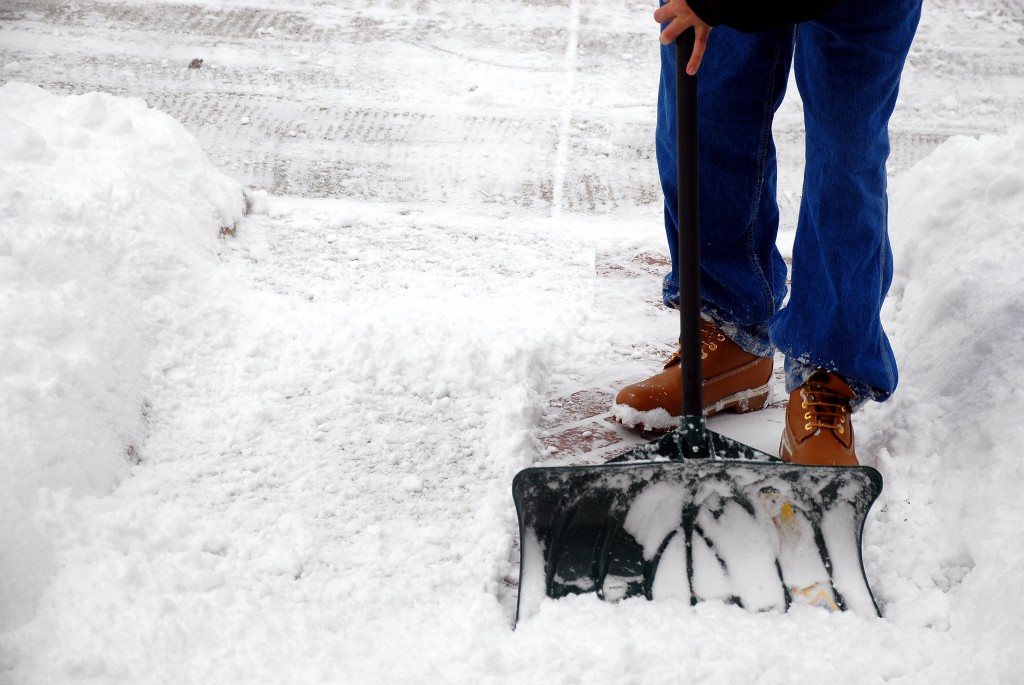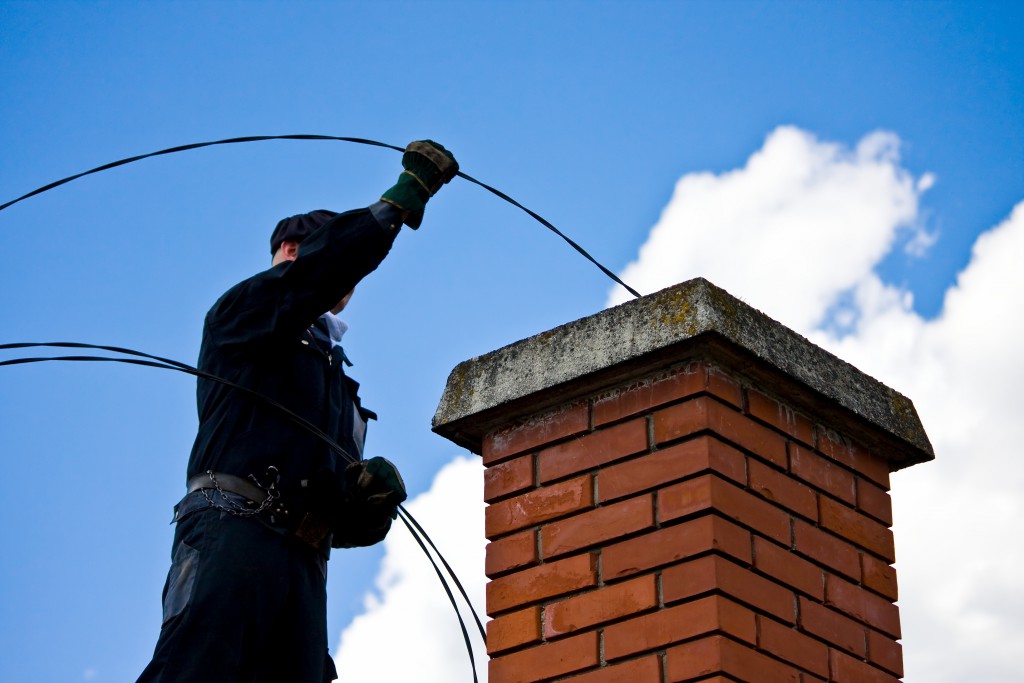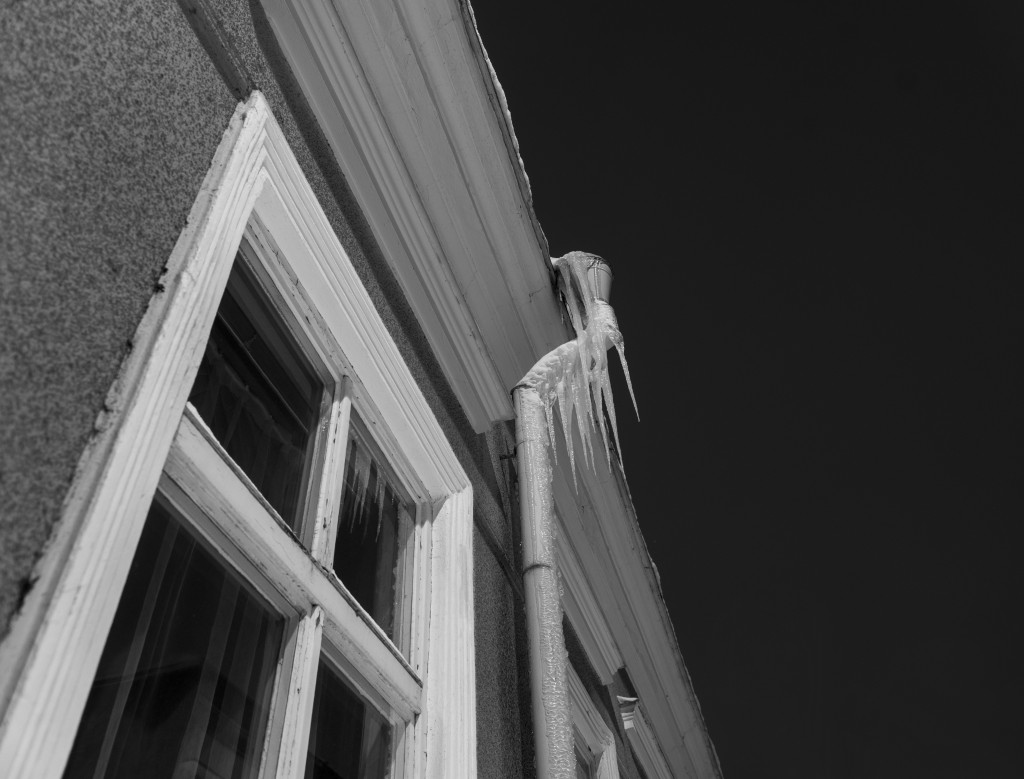Ensuring your home is cosy, warm and safe for the winter is essential.
Preparing for a family visit on Christmas day is a mammoth task at the best of times, so knowing that you've prepared your home to the fullest will take away at least one worry.
As much as you try to prepare your home, there’s bound to be a thousand other things on your mind at the same time, which is why we've wrote out a checklist for you!
(just save us a mince pie as a thank you)
Read on for more information…
Stay Ahead Of Ice Dams
Ice dams form because the edges of a home’s roof are colder than the upper regions (where more insulation is below), causing ice to form around the eaves.
Snow melts above, and the melted snow backs up behind a “dam” of ice, potentially causing leaks and permanent damage to the roof and home — if you’ve ever experienced an ice dam on your roof-line, you know what a nightmare it can be.
Before Winter Weather Sets In:
- Remove debris from gutters — water can back up, causing leaks and ice dams or damage to your roof and siding.
- Inspect and upgrade attic insulation and ventilation.
- Purchase a roof rake.
- Remove snow as quickly as possible after storms — use your roof rake to regularly remove snow from the roof of your home (or hire someone to do this for you).
What To Do If You Notice The Beginnings Of An Ice Dam:
- Carefully remove snow and ice if possible without damaging roof and gutters.
- If you have heat cables, turn them on. Heat cables cannot prevent or fully remove ice dams, but can melt enough of the ice to create a channel for water to flow out, preventing some damage.
Watch Out For Trees

Overnight, snow can settle on tree branches - making them more prone to breaking. This can be dangerous if they are in reach of your house.
To stop branches breaking, you should use a broom to clear all excess snow or trim trees with a chainsaw prior to winter.
Clear Paths Of Snow And Ice

Regular shoveling is the best way to keep walkways clear of any snow. Once that’s done, you should also use either warm water to clear any black ice or a gravel/road salt to ensure there’s no slips.
You may have to do this several times because the snow will inevitably come back, so don't use all of your salt straight away.
Check Your Fireplace

If you haven’t done so yet, have your fireplace cleaned by a certified chimney sweep. Regular cleaning is a necessary safety measure for wood-burning fireplaces and wood stoves, since buildup of creosote (from past fires) inside the chimney can potentially cause a house fire.
Gas fireplaces should be checked too —even though gas is a clean-burning fuel, there could be an old nest or other debris blocking the chimney.
Prevent Frozen Pipes

...Because water expands as it freezes, frozen pipes can burst, leading to extensive water damage and costly repairs. Check out our prevention tips below.
Preventing Pipes From Freezing In Winter:
- Insulate pipes — at least those by windows and doors, and in unheated areas of the home.
- Disconnect your hose from the outside hose bib (outside faucet).
- If prone to freezing, leave faucets dripping slightly — the theory is that running water does not freeze.
- Keep the heat set no lower than 55 degrees Fahrenheit (12.7 degrees Celsius) when you are away.
Too Late? Here’s What To Do If A Pipe Freezes:
- Turn on the tap of the frozen pipe and leave it open while treating the pipe.
- Allow warm air to flow safely to the affected area — always use any heat source (electric heating pad, blow dryer, space heater) safely to avoid potential harm and damage to your home and its occupants.
- If you’ve found one frozen pipe, check all the taps in the house — if only a drip comes out, there is likely another frozen pipe.
- If you cannot access the frozen pipe, or if your efforts to thaw it do not work, call a licensed plumber.
Check Your Emergency Supplies
With winter storms comes more potential for power outages — be prepared with fresh bottled water, shelf-stable foods, flashlights and batteries, first-aid supplies and a hand-cranked radio and smartphone charger.
Keep Heating System Running Smoothly
If you notice any strange new noises coming from your heaters, or if one area of the house suddenly seems colder, have the system looked at right away, as these can be signs something is wrong.
- If you heat with oil, have your furnace or boiler cleaned every year.
- If you heat with gas, you can have it done every three years or so.
- Make sure to change the air filters in your furnace regularly.
- When using high-efficiency heating systems, make sure that PVC vent pipes are cleared of snow and debris.

